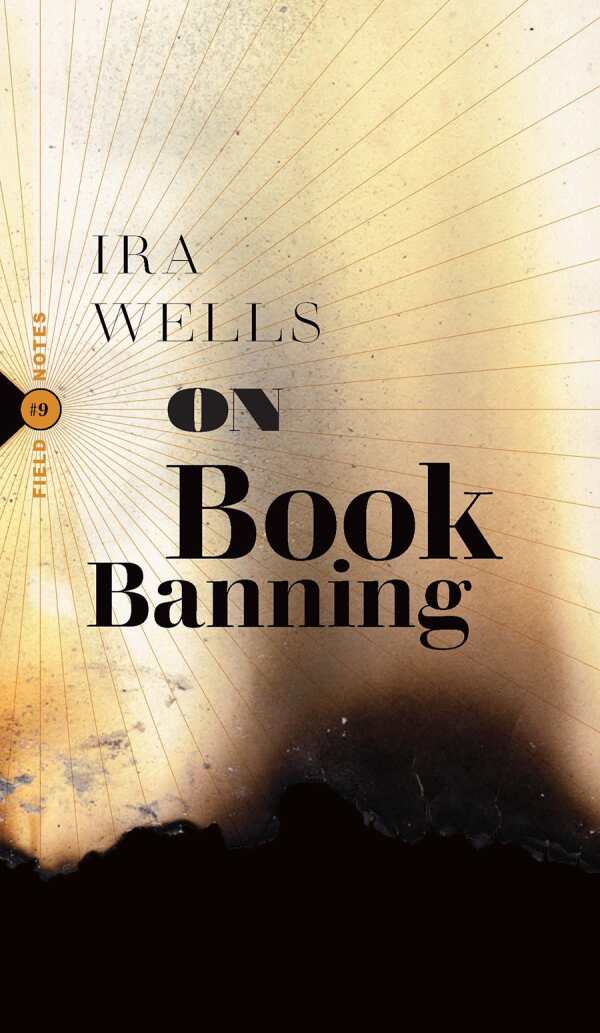On Book Banning
Or, How the New Censorship Consensus Trivializes Art and Undermines Democracy
Ira Wells’s searing political science text On Book Banning examines the origins and impact of literary censorship.
The book builds upon the ideals of liberal democracy and identifies literary censorship as a threat to intellectual freedom and free speech. It includes a succinct, sweeping history of book banning, analyzes the rise of contemporary book bans, and argues that censorship of any kind harms students the most. The freedom to read hostile, uncomfortable, or antidemocratic literature is itself deemed democratic.
To build this argument, the book dispels myths and misunderstandings surrounding the nature of book banning, the purpose of art, and the meaning of critical race theory (CRT). Equity-based book banners might argue against the universality of “classic” literature, for example; Wells argues that minority students can benefit from classic narratives and themes. Conservative book banners might wish to protect children from “pornography”; Wells notes that books with sexual or queer content aren’t salacious by nature. Both progressive and conservative camps are indicted:
Both ignore the cyclical nature of censorship, presuming that the new censorship apparatus won’t eventually come for them. They deceive themselves.
Contextualized by footnotes and supported by references, the book quotes authors including Ursula K. Le Guin, Angie Thomas, and C. S. Lewis; politicians including Ron DeSantis, Steve Bannon, and Benjamin Franklin; organizations including PEN America and Moms for Liberty; and legal cases including United States v. One Book Called Ulysses.
A progressive library audit in Wells’s school district frames the book and illustrates its arguments, but it repeats in the introduction and first chapter. Likewise, some of the book’s tangents are underexplored, as with a detour into Sigmund Freud’s theory of psychic censorship and the purpose of the public library. Still, On Book Banning is an expert assessment of literary censorship and a strong rebuttal to contemporary book bans.
Reviewed by
Hannah Pearson
Disclosure: This article is not an endorsement, but a review. The publisher of this book provided free copies of the book to have their book reviewed by a professional reviewer. No fee was paid by the publisher for this review. Foreword Reviews only recommends books that we love. Foreword Magazine, Inc. is disclosing this in accordance with the Federal Trade Commission’s 16 CFR, Part 255.

